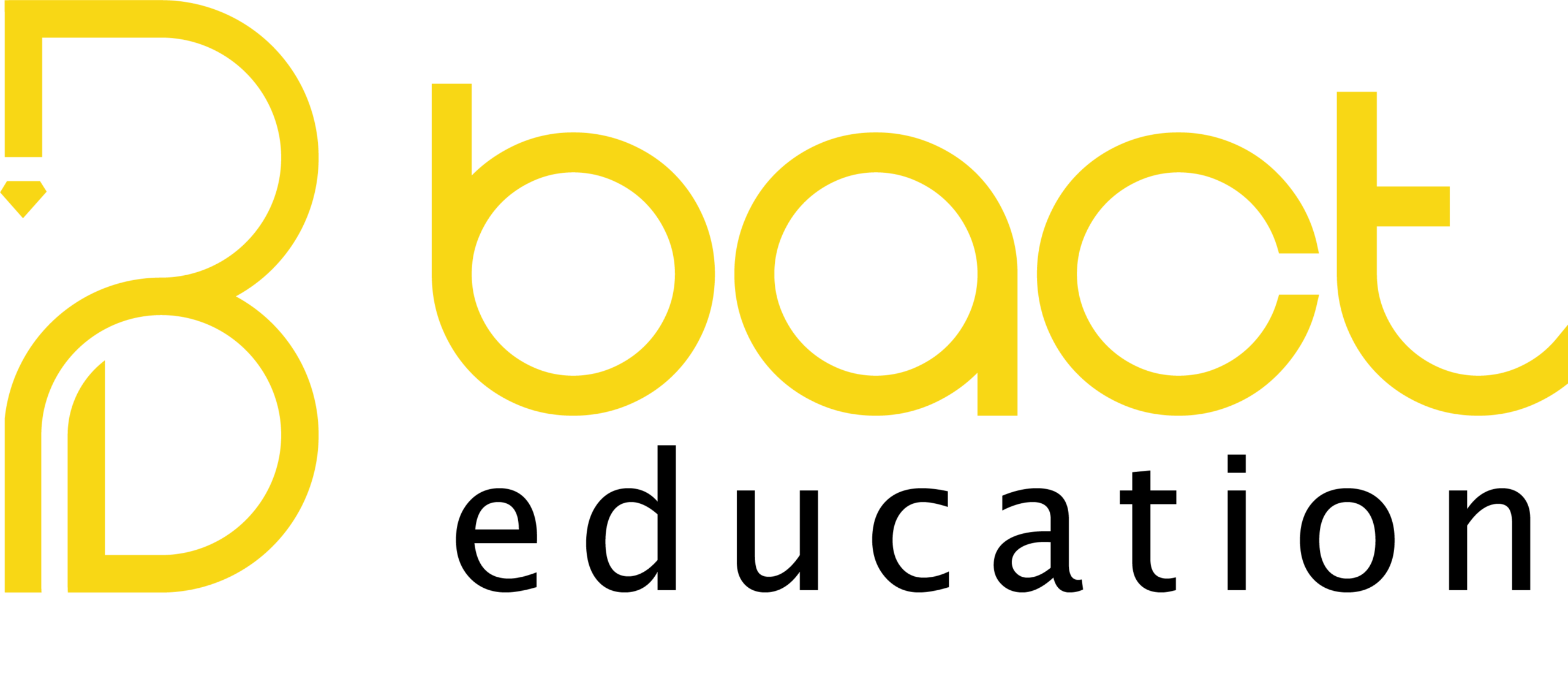Challenges and Reform Prospects
## Introduction
**Educational policies** are the cornerstone of a nation’s progress and development, as they shape the future by molding the minds of younger generations and equipping them with necessary skills and knowledge. In the Arab context, there is an urgent need to evaluate these policies due to the multiple challenges facing the educational system, which negatively impact its outcomes and its ability to compete globally. This article aims to analyze the **most prominent challenges** facing educational policies in the Arab world and present **reform perspectives** that can contribute to advancing the educational system to meet contemporary demands and fulfill the aspirations of Arab peoples.
## 1 Challenges Facing Educational Policies in the Arab World
### 1.1 Historical Legacy and Intellectual Dependency
Many Arab educational systems suffer from the **repercussions of the colonial era**, a period that established educational systems primarily aimed at **serving the interests of the colonial powers** rather than building independent knowledge-based societies. This legacy continues to influence educational policies, as many curricula were originally designed to achieve the political and economic goals of the colonizer, weakening the ability to build an authentic Arab educational identity. Historically, education was used as a tool to control Arab populations and export ideologies, the effects of which persist to this day.
### 1.2 Improvisation in Planning and Lack of Strategic Vision
Educational reform policies in the Arab world are often characterized by a **reactive and haphazard nature**, involving the importation of ready-made reform models from other countries without considering the **cultural and social specificity** of the Arab environment. This approach leads to superficial reforms lacking depth and sustainability. These policies are often described as exhibiting “formalism in change, impulsiveness in implementation, superficiality in treatment, generality in planning, and imitation in models,” rendering them ineffective .
### 1.3 Failure to Keep Pace with Modern Demands and Focus on Rote Learning
Many educational systems in the Arab world still focus on **rote memorization** and information accumulation at the expense of developing **critical thinking** skills, creativity, and problem-solving abilities. This has resulted in a significant gap between educational outcomes and the requirements of the modern **job market**, leaving graduates unable to keep pace with scientific and technological advancements. Furthermore, educational methods and curricula have not adequately adapted to the new reality of tremendous technological progress, widening the digital and knowledge gap between educational institutions and their surroundings .
### 1.4 Underfunding and the Declining Status of Teachers
Education ministries in many Arab countries suffer from **inadequate budgets**, which negatively impacts the **quality of infrastructure**, teaching resources, and teacher development programs. Additionally, the **social status of teachers** has noticeably declined, affecting their performance and motivation. This often occurs within an inhospitable professional environment lacking incentives and stifling innovation, even as ministries demand high educational attainment rates .
*Table summarizing key challenges facing educational policies in the Arab world*:
| **Challenge** | **Main Manifestation** | **Consequences** |
| :— | :— | :— |
| **Historical Legacy** | Intellectual dependency and influence of the colonial era | Weakening of an authentic Arab educational identity |
| **Improvisation** | Importing ready-made reform models without adaptation | Superficial, unsustainable reforms |
| **Curriculum Rigidity** | Focus on rote learning over critical thinking | Gap between educational outcomes and the job market |
| **Underfunding** | Limited budgets and low teacher status | Deterioration in infrastructure and education quality |
## 2 Prospects and Reform Directions
### 2.1 Developing a Comprehensive and Sustainable Strategic Vision
Arab states should adopt a clear **strategic vision** for educational reform that is stable over time and not subject to short-term political fluctuations. This vision must be **independent**, stemming from the reality and needs of Arab society, and not a copied imitation of other countries’ experiences. It should also encompass all aspects of the educational system, from curricula and teacher training to infrastructure and governance .
### 2.2 Curriculum Reform and Development of Teaching Methods
The focus of the educational process must shift from **knowledge transmission** to **skill building**, emphasizing the development of critical thinking, creativity, and problem-solving abilities. This requires a radical update of curricula to link them to practical applications and the demands of the **Fourth Industrial Revolution**, such as artificial intelligence and digital transformation. Teaching methods should adopt an interactive approach that encourages research and exploration rather than indoctrination and memorization .
### 2.3 Increasing Investment in Education and Developing Teacher Capacities
Advancing education requires **increasing its share of government budgets** and investing in improving infrastructure and providing modern educational tools. Furthermore, **developing teachers’ capacities** through continuous training, and improving their financial and social conditions, are critical priorities. A qualified and motivated teacher is the cornerstone of any genuine educational reform process .
### 2.4 Empowering Women and Building International Partnerships
**Empowering women** and enhancing their leadership role in education is a fundamental factor for its development. Additionally, **establishing agreements for scientific and cultural exchange** with leading global institutions allows for the importation of valuable expertise and the transfer of modern knowledge, thereby enriching the local educational environment .
## Conclusion
Reforming educational policies in the Arab world is not a luxury, but an **imperative necessity** for achieving comprehensive development and competing globally. This reform requires genuine **political will**, a clear **strategic vision**, and active **community participation**. Education must be a top priority on the agendas of Arab governments, as it is the true investment in human capital and the fundamental pillar for building a prosperous future for coming generations. Advancing education is a collective responsibility shared by governments, educational institutions, families, and civil society to achieve a qualitative leap in the quality and relevance of education for the demands of the modern era.

